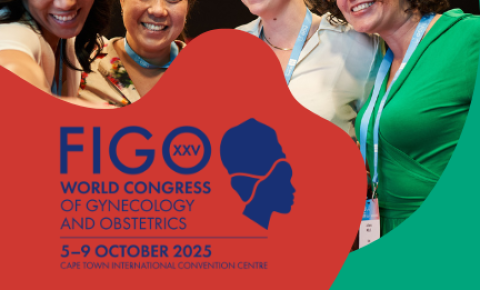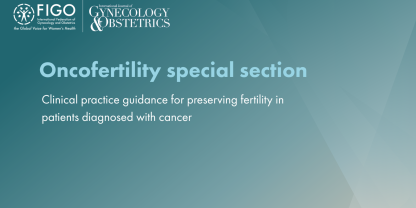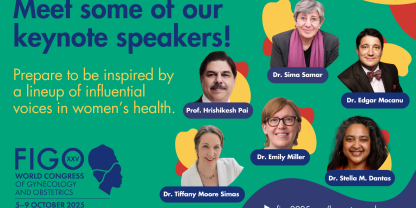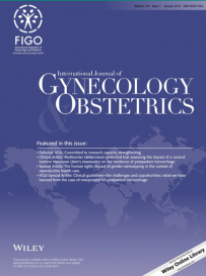Latest News
National Member Societies
FIGO is proud to represent national societies of obstetricians and gynecologists
in 139 countries and territories
FIGO's diverse membership strengthens our position as the global voice for women's health




